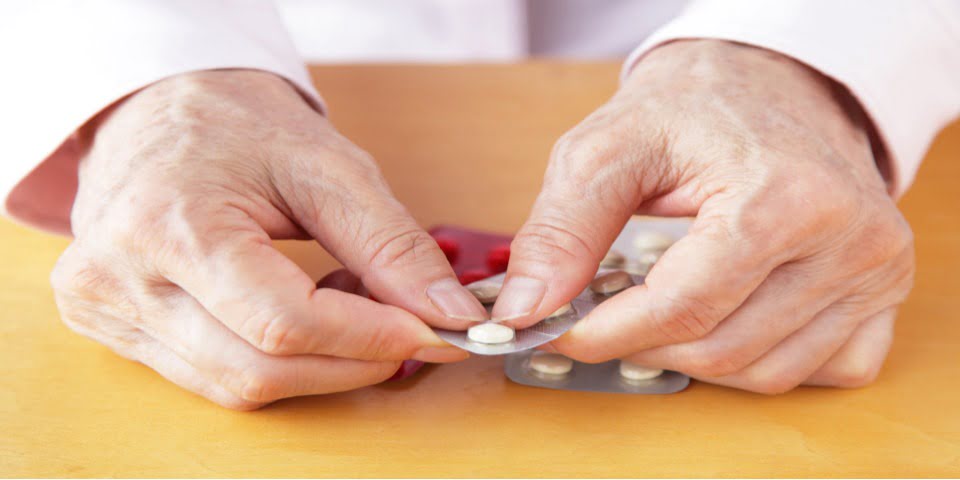A new study published in JAMA Internal Medicine reveals taking low-dose aspirin by otherwise healthy, older people provides little favourable benefit. The findings don’t apply to those with a medical reason to take aspirin, such as after a heart attack.
The aim of the study was to determine if daily low-dose aspirin (100mg) reduces the risk of fractures or serious falls in healthy older men and women.
In this sub-study of the ASPREE randomised placebo-controlled trial, the researchers found low-dose aspiring provides little favourable benefit in this population.
They found that the risk of a first fracture was similar in the aspirin and placebo groups, but the risk of a serious fall was statistically significantly higher in the aspirin group.
These findings suggest there is a potential risk of consuming low-dose aspirin by healthy older people.
The researchers point out that the findings don’t apply to those with a medical reason to take aspirin, such as after a heart attack.
“Older adults with a medical reason to take aspirin should continue to do so, for healthy older people without heart disease or prior stroke, aspirin appears to provide little benefit and may do more harm than good by increasing a person’s risk of having a serious fall,” Associate Professor Anna Barker, Executive Director, Research and Innovation at Monash University said.
Associate Professor Barker reiterates the importance of seeking medical advice first before changing any aspirin regime.
“Falls are frequent for many older people and can have several negative impacts including fractures, soft tissue injuries, loss of confidence and independence,” she said.
“They are a frequent reason an older person attends an Emergency Department and needs to receive care in hospital.”









